On May 2nd, I spoke with award-winning poet and MSIA student, Robert Peake. We explored the ways that creative process and spiritual practice come together in our lives and talked about taking courage in the everyday moments of showing up. Read on for practical tools, encouragement, and some mighty fine poetry!
Here is the video recording of our conversation. I highly recommend listening to the recording where you’ll get to hear Robert read one of his poems, Self Study. Below the video, you’ll find the complete transcript of the interview, at the end of which is another poem: Credo.
DAVID: You’re a poet and your a student of MSIA and a minister. Let’s talk about those things.
ROBERT: Wonderful, I think you provisionally titled this something to do with creative process and spiritual practice, is that right?
DAVID: Yeah, that’s nice.
ROBERT: I like that. And there is also creative practice and spiritual process. They both go together very nicely because to me creativity is a practice and a discipline. In that great way that J-R defined as being a disciple of something.
They marry up really nicely in my case, and I think to some extent based on what I know about your life, for you as well. I’d love to hear how that’s working for you too.
The foundations of my life, a couple of them, are doing my SEs and sitting down to write and those are feeding different parts of me and are both very important.
I think the common denominator in all of that is showing up. Showing up, meaning being available to what’s there. And not always receiving the expected results and that’s the part where it’s a process rather than about a product. If every time my SES were amazing and if every time I sat down and a wonderful poem showed up, that would be nice and I’m open to that possibility, but I’m open to that possibility every time I sit down rather than expecting that that’s always going to be the case.
So, to me, it’s more about showing up and coming from a place of being receptive and having my heart there and also having reference points in the past of wonderful things having shown up and reaffirming those and going on that basis.
That’s a brief sketch of how I see the theme that you laid out in terms of how [Creativity and Spirituality] in terms of the process part of it – being process focused. And the practice part of it which allows the focus on the process. It’s practicing with a focus on process rather than practicing with the expectation of particular results.
DAVID: I’m thinking about what you said about showing up to write and showing up to do Spiritual Exercises and just being available to that. Like “here I am,” and you don’t know what’s going to come.
ROBERT: Yeah, And you start with wherever you are. With the writing process I start with whatever’s around. Whatever’s available. However I am and wherever I am. Basically, it’s those two things. I’m looking out the window right now that I normally look out of and a lot of the poems start with something out the window – the cat or a bird or a tree or something – but I don’t always end up there. And the beginning of a poem, the beginning of a draft, doesn’t always make it into the final edit.
And likewise, the first few minutes of my mind going all over the place in SEs isn’t necessarily the most fruitful part of my inner experience.
I think there is something about sitting down, holding an intention, holding a focus that in and of itself is really valuable. And the more I can extend that into showing up and not having expectations against life itself, the better things go for me – kind of easier said than done.
That’s one of the things that creative practice teaches me because there are constant surprises and you don’t really know quite where this stuff comes from. And that’s exciting because with a lot of the material facts of life you do kind of have a sense of how things are going to go. And you’re a lot more constrained here, whereas in the imagination and the other places that you go to in the creative world, you are free, you’re a lot more free.
I experience that to, the more I get in touch with what’s true inside, you’re free, you’re not conditioned or constrained to a lot of particular things that sometimes go into routines, patterns or habits. It’s that sense of anything’s possible.
That’s what draws me to art, in general – all the different form that art takes. And that’s maybe part of what we like about taking in a piece of art. That if it’s done in that more unconditioned free place, then unexpected, wonderful things show up. Not only in the quality of it, but in the newness of it, and it brings us into the moment – it brings us present. Which is what’s wonderful about being able to engage with art, it’s being able to come really present with something because it was created with presence and created with intention and created with that sense of newness and freedom in the artist.
DAVID: You talked about Spiritual Exercises and creative practice and showing up to write and you talked about life. How does one relate to the other in your experience? What does poetry do to you when you’re not writing? Does that make sense?
ROBERT: It does, it makes a lot of sense. One of my greatest teachers of the poetic practice, I came to when he was coming up to his seventies and had been practicing poetry and engaging with poetry since he was a very young man. His advice was, “Be a poet every day.” He said, “Whether or not you write every day, be a poet every day.” My experience was that I saw him demonstrating that and doing that and living that. It wasn’t just a platitude or nice words or something that he was saying to be clever.
I studied this guy very carefully because there was a twinkle in his eye that I had seen. And I had also seen with someone like J-R.
What it means to me and what I’ve come to understand about being a poet every day is that there’s a quality of observation and attention that I can give to my everyday life that helps me be more receptive to poetry – to the poetry around me.
To me, SEs and studying the teachings [of MSIA] works similarly. It’s being involved with what’s going on but not being consumed by it. Being in the world but not necessarily being of it is a really nice place to be when I can let myself get there and be there and reside there more often.
I think there’s a lot of similarity [between poetry and studying the teachings] if you really take on the idea of noticing and being present with what is and being available and receptive to the ways in which that’s interesting and moving. [Paul] Éluard said, “there’s another world, and it’s in this one.” I think as we attune more to the other worlds, as it were, we realize that there’s a lot more going on than the circumstances of how life is playing out.
I don’t know if that helps answer your question but I do relate to the idea that being a student of the Traveler isn’t just a component of my life that I do first thing in the morning when I do my SEs and then that’s it. It’s wanting and choosing to be a student of everything that comes my way and part of that, for me, is being a poet every day and being engaged with that whether or not I’m in front of the keyboard writing something. The more I do that, the better things go for me, the more there’s a sense of magic and wonder, a quality of attention about life that makes life really worthwhile and worth doing.
DAVID: Does an example come to mind of when you experienced being a poet when you weren’t writing?
ROBERT: Oh, lots. Lots of little examples. Often they coincide with the Light being present and mostly they are pretty mundane things. Mostly they are noticing something about a conversation on a commuter train or noticing something about the way a parent is paying attention to their child in a café.
They’re not big things. They’re not grand things. It’s not really anything more than being present to what’s probably going on all the time. But being in that receptive state to it. I like to say that my experience of poetry is that it happens, rather than we make it happen. The pursuit of engaging with poetry – reading it, writing it – to me is a pursuit of those moments when poetry happens. When that something transcendent shows up and takes place
And it doesn’t always. In fact, a lot of the time, we’re chasing after this thing and it doesn’t really show up, it doesn’t quite land, it doesn’t quite work, It doesn’t quite do that thing.
Emily Dickinson said, “When I read a poem, when I know it’s a real poem, the top of my head has been taken off.” I think that’s great. And it also matches the spiritual experience, where you go, “wow, that kind of blew my mind.” That got me out of all these patterns and all of these other things that I do and into a place and a space where things are much bigger than they seem. That can happen in a lot of places and a lot of ways, in my experience, when you’re open to it. And even in the arts, it’s not a guaranteed thing.
Also, I can be in a more receptive state and read the same poem that I’ve read a number of times and get something new – a new experience from it. That reminds me of the [Soul Awareness] Discourse experience of being in a different place or a different level of understanding and reading something and it’s almost like it didn’t exist before and now it does.
Poetry happens, I think, a lot more than I’m aware. But being willing and being open and being available to both the writing and the relating to it in ways that are new is the fun. Right? You’re chasing after that thing where you feel like the top of your head has been taken off and suddenly there’s more space to go up, to be available, to transcend the limits of everyday life.
DAVID: Do you have anything you want to read? Do you have a poem handy?
ROBERT: [Laughs] Let’s see if I can find something that you might like. What I do is I keep everything in one document (I back it up of course). I have poems from years and years and years.
I keep all my work in one document and what I do is I write the date and then I start writing. That way there is this sense of continuity. We talked about showing up and it’s also part of being in the flow.
Another great thing that my mentor said to me, Marvin Bell, is “that the good stuff and the bad stuff is all part of the stuff – no good stuff without bad stuff,” meaning, you just gotta write. And you gotta write through the hard times and you gotta write through the uninspired times, you just gotta keep showing up and doing it.
One of the things that I started doing recently for my health is jogging. I started to see parallels between jogging and writing. The phrase that I came up with is, “winter makes a jogger,” and “writer’s block makes a writer.” So if you want to know if you’re a writer or not, write through a bunch of writer’s block. Keep going. And if you can do that. If you can persevere. If you can carry on, then that’s who you are – someone who can persevere through the bad stuff knowing that good stuff is around the corner.
That’s another thing that marries up with my understanding of what life’s about through the teachings of MSIA which is, keep going. Endure. Hang in there. There is no good life without some difficult stuff coming through as well. Poetry is a place where there are very particular and concerted lessons like that for me. It really reflects that [endurance] clearly.
So, “writer’s block makes a writer,” which is why giving myself permission to just start anywhere, to write bad stuff, to keep writing, to carry on, allows me to then bring forward the stuff that at least I like from time to time.
DAVID: How do you know when you like something? How do you know when you’re writing and, it’s good?
ROBERT: Well, there’s the white-hot heat. The moment where you’re inspired. When you read back what you’ve written, you read, in a sense, what you meant. You read what the inspiration was rather than just what’s there on the page. But another reader, someone else, is just going to read back what’s on the page.
When I’m done with a poem, and I know it worked, that it was something, I always sleep on it. A minimum of one night. And I wake up and re-approach it to see it in a different frame of mind, being a different person moment-to-moment. Does that still communicate? Does that still work? Does that still get me back into that place that I was in when I was inspired to write it? And that’s not always the case.
A lot of what I do in the revising process is about, “How do I make this communicate again? How do I bring this more into alignment with the vision that I had for what I wanted it to be when I first was in that place of writing it?”
I’m still looking for a poem.
DAVID: While you’re looking, how many years of writing do you have there in that document? I want to know all about this document.
ROBERT: Yeah, so let’s see, June 2008 is the first timestamp on this so it’s almost 10 years. And as I said, it’s backed up in several different places.
[The document] has been a great symbolic representation that it’s about being in the flow, that it’s about a continuity. In a way, poetry is a continuous self-portrait. [The document] is also a trick to get over the intimidation involved with the blank page, with staring at a blank page and going, “OK, I’m at the beginning again…” No, you’re not at the beginning, you’re in a flow and a continuity.
I’ll go back and I’ll raid previous stuff and I’ll look back at what I’ve written and bring it down. That’s part of the process too.
DAVID: When you sit down to write do you give yourself a certain amount of time? What are the parameters of your practice?
ROBERT: What I do is the first thing in the morning, well not first thing, but very early in the morning, before work. – preferably before I’ve opened up my emails. It’s me time. It’s time where I’m not meeting other people’s demands, I’m meeting my own needs.
So it’s usually after SEs but before the day gets going, which means that I have a start time, I do have some parameters there, which is good. [Poetry] is not the kind of art that you can engage with in terms of actually writing all day long productively. Having some parameters on it, having a time constraint is actually a good thing.
Other constraints are good too: for me, for the creative process because they create a sense challenge for the mind. A lot of my poems begin with prompts: include some random words, include this, that, or the other. Sometimes as I’m writing I’ll see that it starts to shape up into a particular poetic form and that too creates some demand on the language and some demand on the choices that I make. That generally improves the quality of the work. That blank page, open canvas, anything’s possible thing shuts down the creativity so it’s more about working within form and constraint a lot of the time to bring about that sense of freedom. It’s a fun paradox, I think.
So here’s a poem…
[Editor’s note: for Robert’s reading of his poem, Self Study, watch the video above. Credo (below) was originally published in Acumen]
Credo
I believe in a blush in the thicket
the gurgle-lute upstream
the potentially legible scratchings,
visible in mud, invisible in dust,
I believe in the pious scent of sap
harrowing bark to a sheen,
the crumpled auburn leaf
pedalling through variations,
light from light, one substance,
the scoop of a burnt-out oak.
I believe in the rain, the mist,
and the drizzle, glazing
the white tops of mushrooms,
which are buried, and which rise
from the suffering of wood-rot,
for their mycelium has no end.
I acknowledge autumn
for the remission of chlorophyll,
and seek out the yellow blemish
of buds unfurling the world to come.
DAVID: Thank you, Robert.
Soul Awareness Discourses – A Course in Soul Transcendence
Soul Awareness Discourses are for people who want a consistent, deeper approach to their own spiritual unfoldment. Discourses offer practical keys to effectively manage relationships, finances, emotions, health, spirituality and more.
Learn more about becoming a student of MSIA through Soul Awareness Discourses



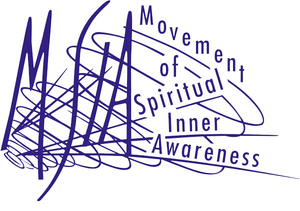


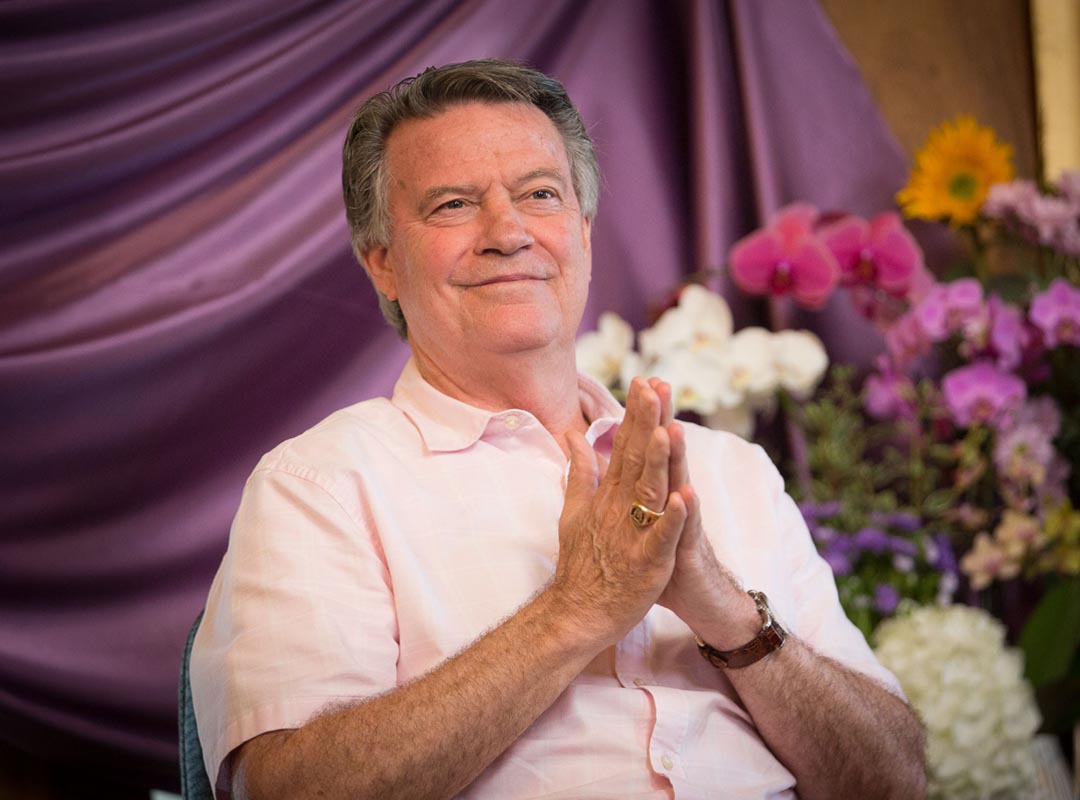
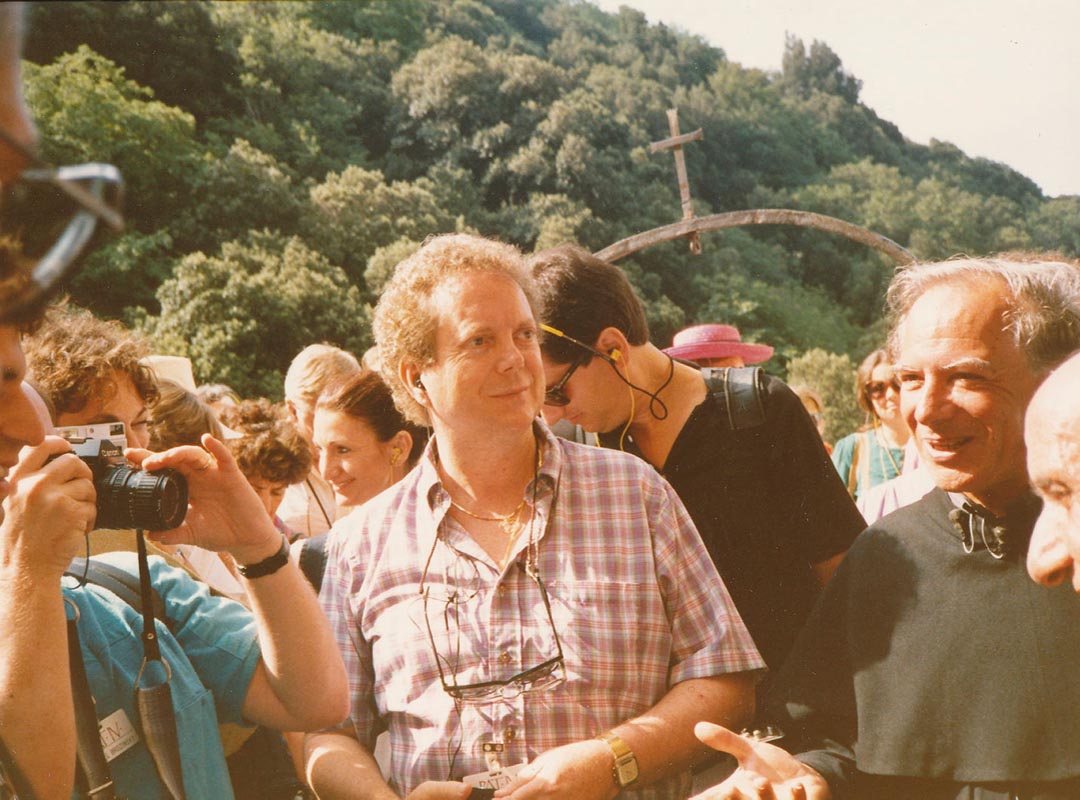
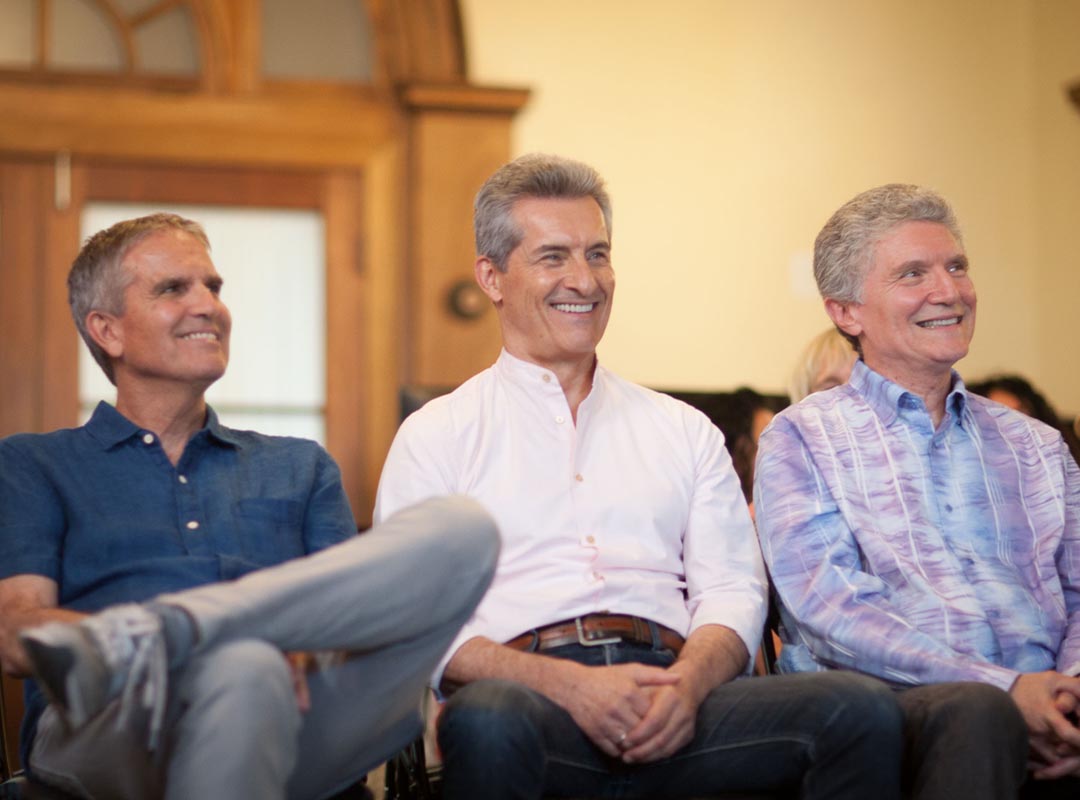
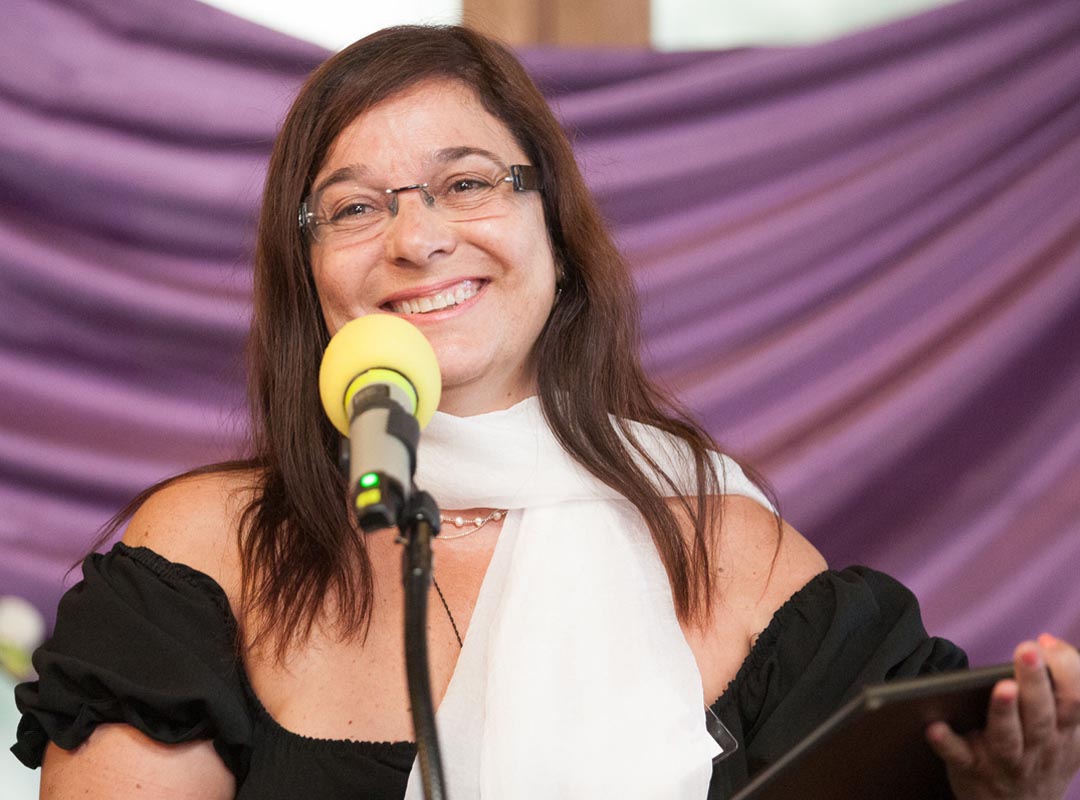
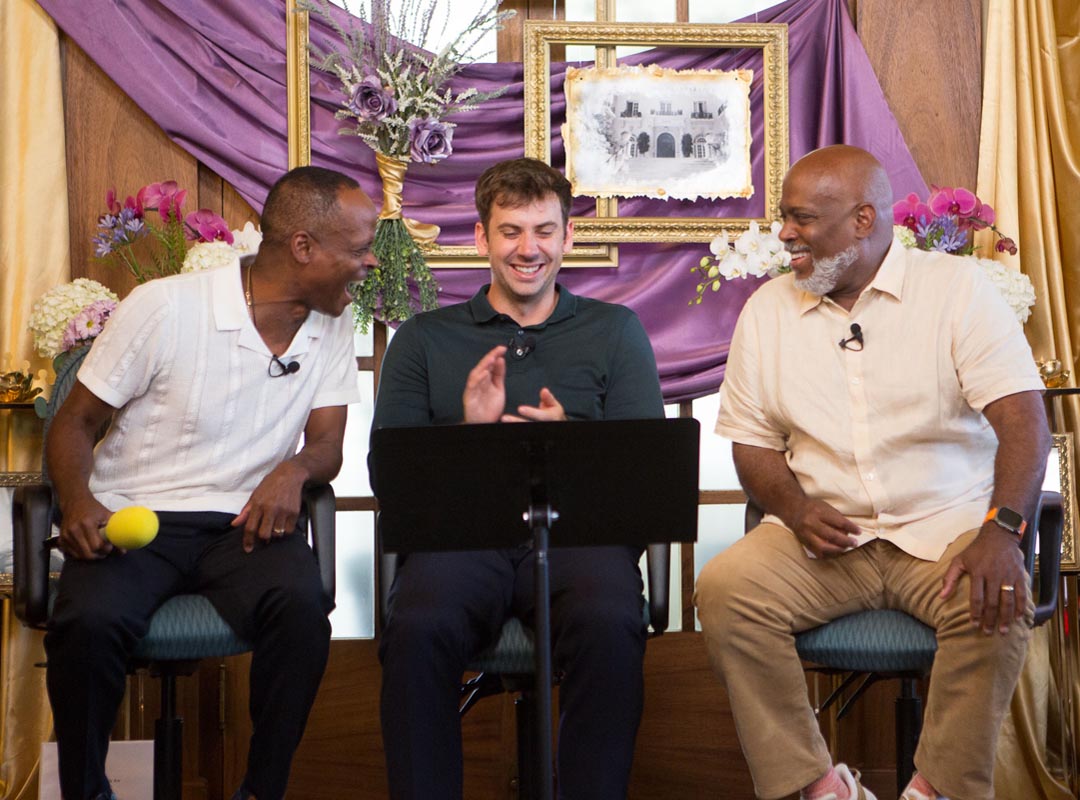
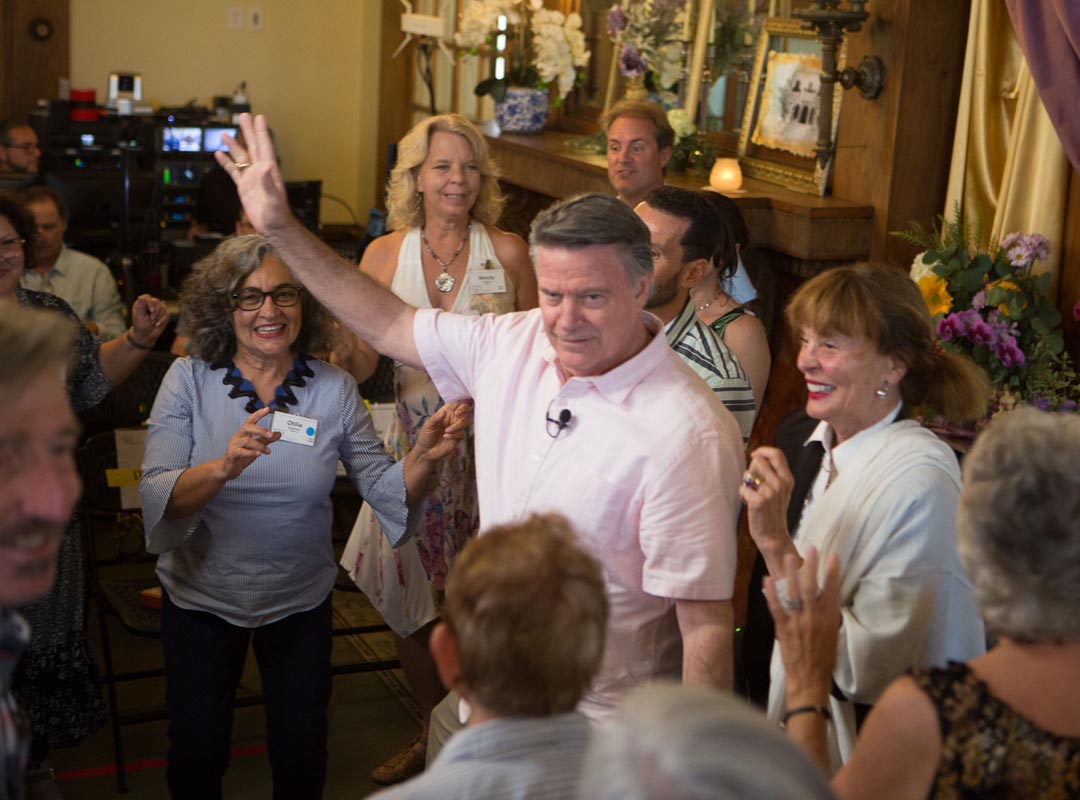
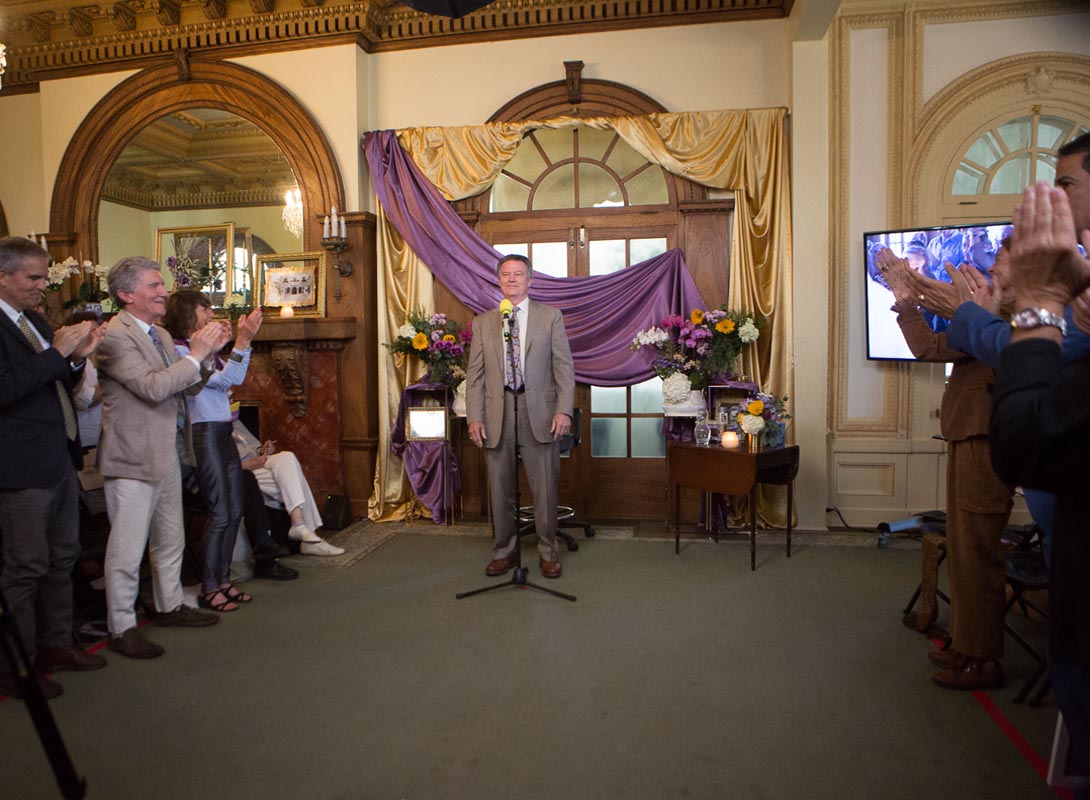

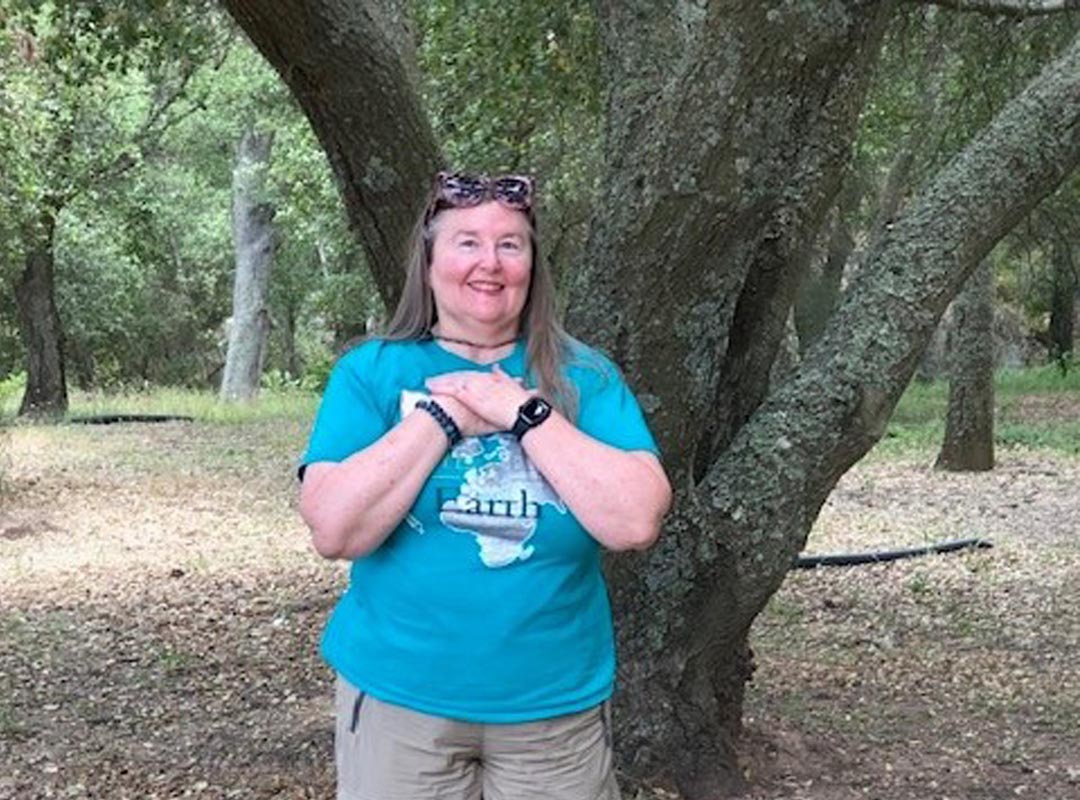
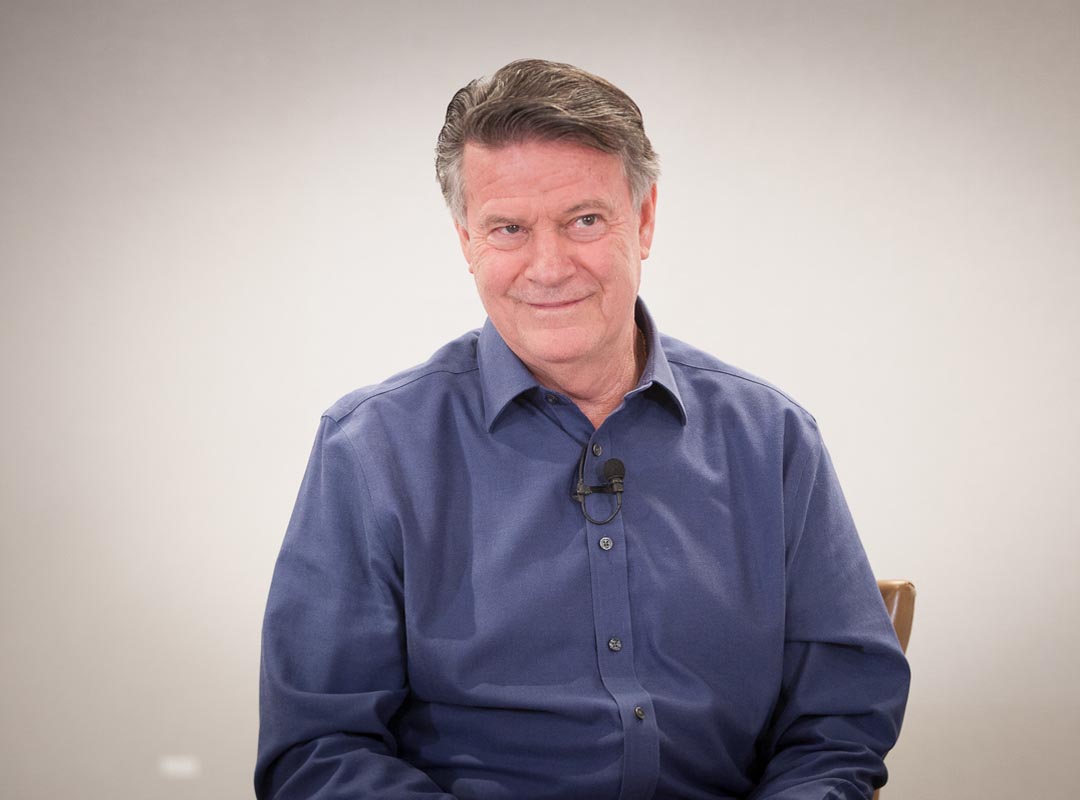
Pingback: Poetry and Spiritual Practice (Interview Online) | Robert Peake"" by Robert Peake